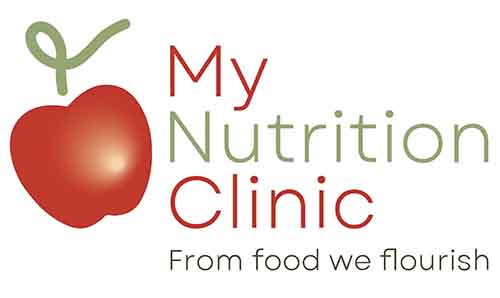Uncategorized
IBS and Gut Health: Expert Guide & Management Tips
When done correctly, the low FODMAP diet has been found to reduce the symptoms of bloating and pain in around 86% of people Staudacher H. 2011
Are you struggling with Irritable Bowel Syndrome (IBS)? Our experienced Gold Coast dietitians specialize in helping people manage and reduce IBS symptoms through evidence-based dietary strategies. With Medicare rebates available and telehealth consultations across Australia, expert support is within reach.
Irritable bowel syndrome is a common gut disorder that affects one in seven adults. Everyone’s experience with IBS can, however, be very different. The most common symptoms include:
- Stomach pains
- Bloating
- Constipation
- Diarrhoea
There is lots of information on the internet about a low FODMAP diet encouraging you to do it yourself but research shows that you get much better results when this is done under the supervision of an experienced dietitian. The Gastroenterological Society of Australia recommends the reintroduction of FODMAPs should be guided and assessed by an Accredited Practising Dietitian (GESA 2013). The re-introduction phase can take several weeks so don’t waste this time and effort by not doing it properly.
We only use dietitians who have post graduate training or many years of experience using the low FODMAP diet and managing gastrointestinal disorders. Every person’s symptoms and gut are different so applying the same strategy to everyone doesn’t work. It will work for a few but then the rest are left more confused than when they started.
Our gastrointestinal dietitians have post graduate training or many years of experience using the low FODMAP diet and managing gastrointestinal disorders.
How We Can Help with Your IBS
Our approach combines evidence-based nutrition science with personalised care to help you:
- Identify your specific food triggers
- Reduce bloating and discomfort
- Manage symptoms effectively
- Develop a sustainable, enjoyable diet
- Build confidence in food choices
Our Success with IBS Management
We’ve helped hundreds of clients successfully manage their IBS symptoms through:
- Expert-guided FODMAP diet implementation
- Personalized meal planning
- Systematic food reintroduction
- Long-term symptom management strategies
Our Evidence-Based Treatment Approach
Before you jump into a low-FODMAP diet, there are some steps to follow to ensure that we are not masking another medical cause for your symptoms:
Step 1: Eliminate other possible medical causes with the help of your GP such as coeliac disease, inflammatory bowel disease, or bowel or ovarian cancer. Some IBS symptoms are also found in these conditions and should be ruled out first. Your GP may refer you to a gastroenterologist for further tests.
Step 2: Once an IBS diagnosis has been confirmed by your GP then see an experienced dietitian to see if there are some simple diet and lifestyle solutions that may help reduce your pain. We don’t want to put you through a low FODMAP diet if there is a simpler solution.
Step 3: Still experiencing pain and bloating? Then this is the stage where we would start a low FODMAP elimination diet to identify the foods that need to be removed from your diet initially to give you your quality of life back.
One of the most common mistakes people make is staying on the low FODMAP diet longer than they need. A low FODMAP diet is bad for gut health and should be followed only long enough to identify the foods you are reacting to. An experienced dietitian is the ideal health professional to guide this process.

